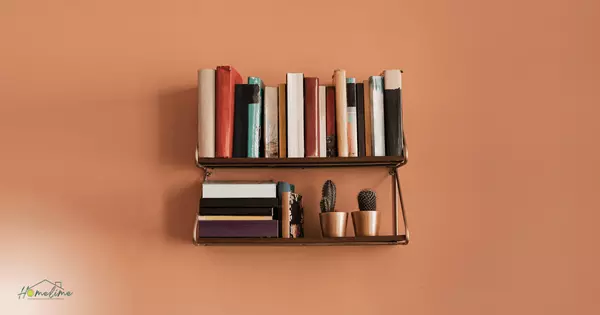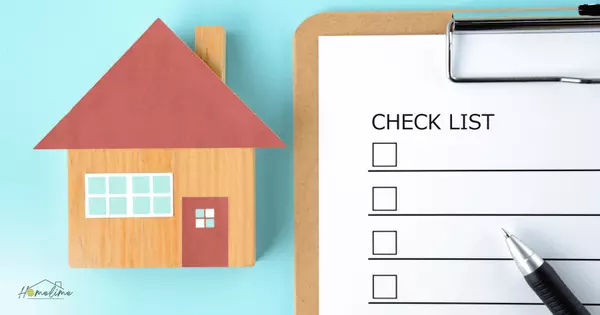How to Track Home Expenses
Keeping track of home expenses helps you stay in control of your budget. Start by writing down every regular monthly cost. This includes your mortgage or rent, utilities, insurance, and property taxes. Don’t forget variable costs like groceries, home supplies, and gas. Include seasonal or occasional expenses like lawn care or holiday decorations. Use a notebook, spreadsheet, or budgeting app—whatever you’ll actually use. List due dates for each recurring bill so nothing is missed. Group expenses into categories to see where your money goes. Record amounts weekly so you don’t fall behind. Compare spending from month to month. Watching your patterns helps you make better decisions. A little effort each week adds up.
Separate needs from wants to find areas to cut back. Ask yourself what expenses are essential for running your home. Look for subscriptions or services you no longer use. Check if you’re overpaying for cable, internet, or other utilities. Consider cheaper options or bundling services. Set a monthly goal for savings and track your progress. Keep all home-related receipts and organize them by category. This helps during tax time or when planning future repairs. If possible, keep a small emergency fund for unexpected expenses. Review this budget every few months and adjust when things change. Tracking isn’t about restrictions—it’s about clarity. Knowing where money goes reduces stress.
Use tools that make the process easier. Budgeting apps can sync with your bank accounts and sort expenses for you. Some let you set spending limits or reminders for due dates. If you prefer paper, create a weekly or monthly tracking sheet. Use highlighters or stickers to track spending visually. Share the budget with other household members to stay on the same page. If kids are old enough, include them in simple discussions about spending. Keep login info and bills in one place for easy access. Update everything regularly to keep it accurate. Set a time each week to check in with your records. This habit helps catch problems before they grow. It’s about staying ahead, not playing catch-up.
Tracking your home expenses doesn’t have to take long. Once the system is in place, it’s easier to maintain. You’ll feel more confident knowing what you can afford and where to save. Small changes in spending can lead to bigger savings over time. The more you understand your habits, the better choices you can make. Don’t aim for perfection—just consistency. Adjust your system until it fits your lifestyle. Make it simple so it’s something you’ll stick to. Celebrate small wins, like sticking to your grocery budget. Talk about money with openness and honesty in your household. Financial awareness gives peace of mind. It all starts with writing things down.
Recent Posts










GET MORE INFORMATION


